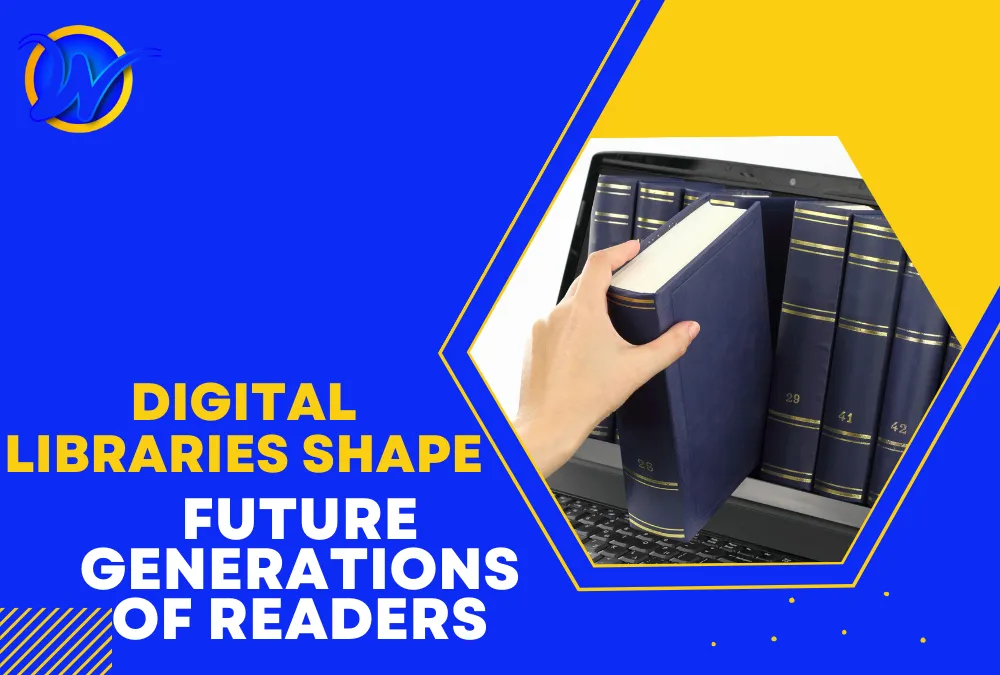Reading once meant flipping through paper pages under a lamp or in the quiet of a library. Today the book still holds its magic yet the door to that world often opens through a screen. Children grow up swiping before they learn to tie shoelaces and adults carry whole shelves on a phone. This shift is more than convenience. It shapes how stories are found how they are shared and how imagination grows.
Most people who are interested in free reading online eventually find Zlibrary and for many that is the first taste of a boundless collection. A library without walls speaks differently to every reader. It can be a safe haven for the shy teenager who wants to explore fantasy series or a quick rescue for the worker who needs a history book at midnight. The journey into reading changes once the barrier of access fades away.

Digital Libraries Shaping Habits for Young Readers
The earliest habits often decide whether a person becomes a lifelong reader or not. Digital libraries offer a mix of choice and ease that print alone cannot match. When a child can choose between science adventures mysteries or even folk tales within minutes the spark is easier to light. No bus ride to a library no waiting for a copy to return. That immediacy feeds curiosity.
At the same time screens carry risks. Distraction lurks in notifications and games. What matters is balance. Families and teachers are finding ways to create reading corners even on digital devices. A tablet can become a stage where “Harry Potter” or “The Little Prince” perform for new audiences. Storytelling lives on but the setting has shifted.
Learning Beyond Borders
Digital collections have become classrooms for many who cannot reach one. Students in remote villages can now follow the same course material as those in cities. Language learners switch between dictionaries and novels with a tap. Researchers connect across continents without shipping heavy volumes. These quiet revolutions rarely make headlines yet they transform futures.
And there are also simple pleasures. Discovering a forgotten poem while browsing or stumbling upon a cookbook from another culture can change how someone spends an evening. To see how digital libraries work in daily life it helps to look at some common roles they play:
- A bridge for equal access
Equality in reading has always been uneven. Print books are expensive and often scarce. Digital collections can level that field. A student who has never owned more than one or two books can suddenly explore classics and modern works alike. This bridge does not erase poverty but it softens the edge. It gives room for growth where little existed before. Access becomes a seed of opportunity rather than a luxury.
- A tool for flexible study
Learning is not confined to classrooms anymore. With access to online books learners shape their own rhythm. They can pause a novel for a week then pick it up at dawn before school. They can highlight passages compare translations or search terms across volumes. This flexibility means study adjusts to life not the other way around. For many it is the first time that education feels like something personal rather than forced.
- A companion for quiet escape
Beyond study lies the need for rest. Books provide escape from noise and stress. Online libraries make that escape available anywhere. Waiting at a bus stop can turn into a journey with “The Hobbit.” Lunch breaks can be filled with short stories from all over the world. A companion that fits in a pocket makes solitude less lonely. That steady presence helps mental well being in ways that are often overlooked.
These roles blend into daily routines. What once required a trip to a library now fits into small spaces of time and those small spaces accumulate into lifelong reading.
Passing on Stories to the Next Wave
Books carry culture forward. Each generation inherits not just stories but ways of thinking. When a teenager in one country reads the same novel as someone across the globe they share more than words. They share context and emotion. That shared ground matters in a world that feels divided.
Parents who once read aloud from paper may now cast a book from a phone to a screen. The ritual changes yet the bond remains. Teachers may assign online texts but still encourage handwritten notes. The format shifts but the essence of storytelling survives. What digital libraries add is reach. Stories that might have faded now live on and reach ears and eyes that would never have known them.
Carrying the Torch Forward
Reading remains a form of quiet resistance against forgetfulness. A world filled with noise still finds time for books when the access is open. Digital libraries do not replace paper shelves. They extend them. They ensure that the torch of knowledge does not dim when the lights of a classroom go out. Future generations will still turn pages whether real or virtual and those pages will guide them as they always have.



